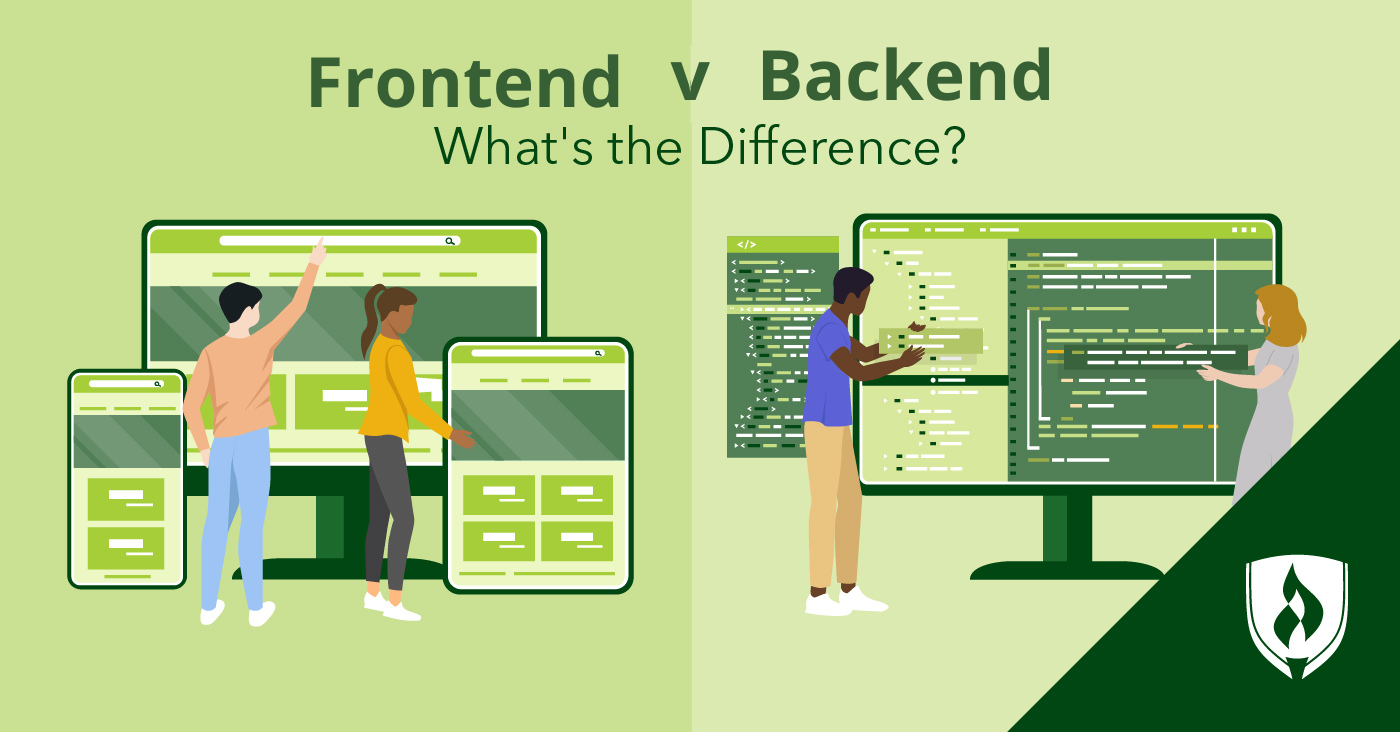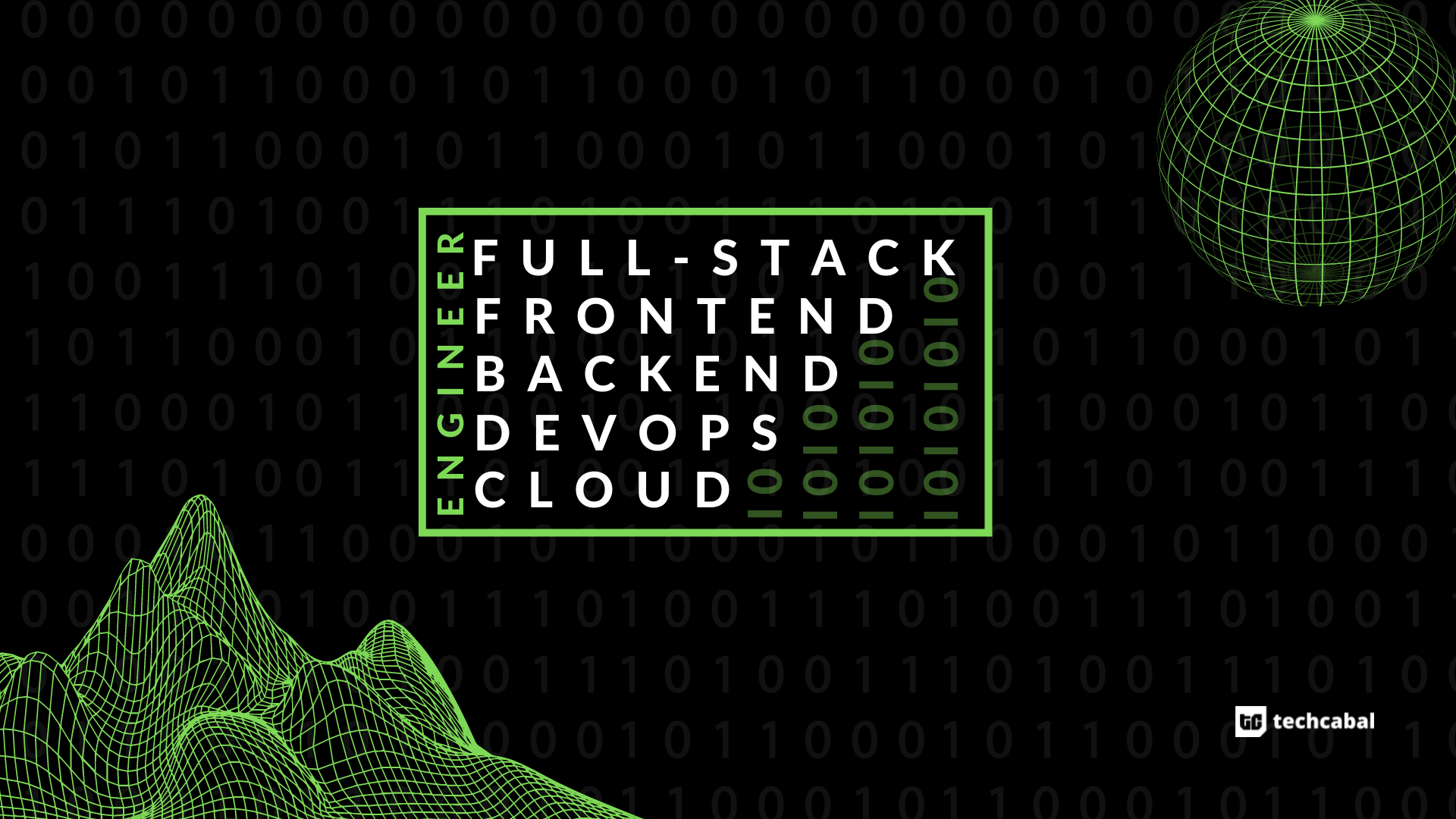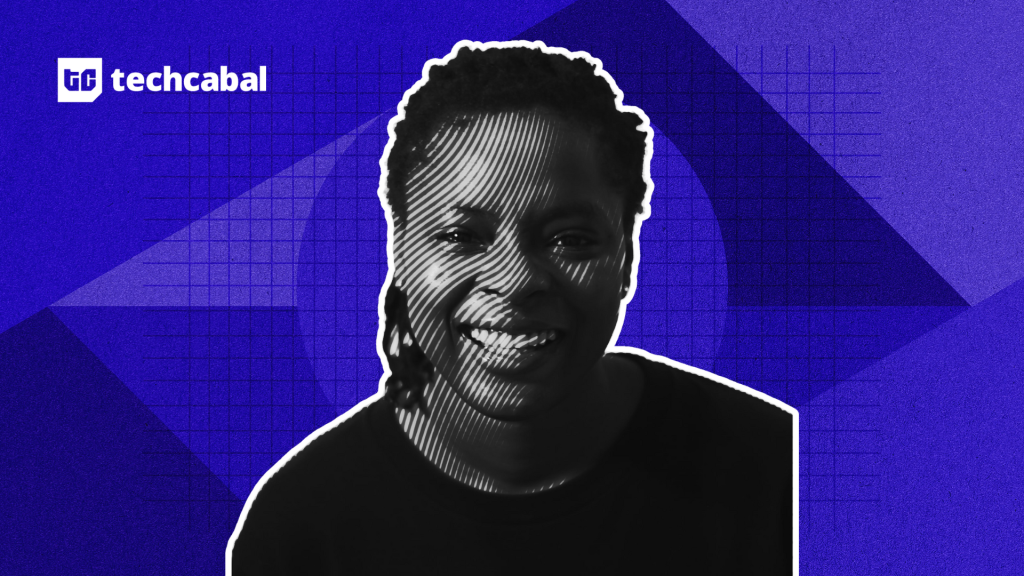
22 || 03 || 23
View in BrowserBrought to you by

#Issue 23
Breaking downsoftware engineering
Greetings ET Readers 🖖🏾
The world of software engineering can feel very daunting at first glance, what with the various roles, programming languages and titles that sound like undercover agents in covert operations. In this edition of #EnteringTech, we break down all the different roles in the field and take a close look at the requirements and responsibilities of each one.
For our aspiring techies, consider this a small preview of what software engineering involves, and perhaps a way to begin deciding where you want to fit in. We hope that this will be super helpful to you on your journey.
If you like the work #EnteringTech🚀 does, please share this newsletter with your friends and network.
Happy reading!
by Pamela Tetteh & Timi Odueso.

Tech trivia
Some trivia before we begin. Answers are at the bottom of this newsletter.
- What was the first widely-used programming language?
- How many different software languages are currently in use?

What is software engineering?
When most people hear about “tech workers”, the first roles that pop into their minds are software engineering roles, which involve coding.
Software engineering roles are popular for a couple of reasons. First, in the past decade, they have consistently topped the lists of most in-demand tech roles. Secondly, many engineering roles often come with high salaries. According to Glassdoor—which analysed over 123,000 salaries—the average annual pay of most experienced engineers on the continent is $86,000.
Why do these roles pay so much? Well, it’s because tech products and services are built by tech engineers who spend a great deal of time developing these apps using programming languages. From Fawry and Autochek, to Jumia and Chipper Cash, or even Uber, building interactive products involves hiring competent frontend, backend, cloud, DevOps, and full-stack developers.
But what do these terms mean? Are frontend and backend engineers doing the same job? What exactly do cloud engineers do? Why does DevOps engineering sound like a US armed forces intervention in Liberia?
In this edition of #EnteringTech🚀, we’ll break down these engineering roles to their barest form, and show you that software engineers are more than dreadlocks and triple-monitor setups.

Types of Software Engineers

Frontend engineers basically work on the front aspect of a website or an app. They develop the visual aspects—pages, menus, buttons, links, and graphics—that you see, use, and click. The way the TechCabal website looks, the dark/light feature, pages, the menu button, and all the parts you can see on any app or website are developed by frontend engineers. They determine how things look.
Now backend engineers connect the dots at the back end of things. Backend engineers use code to connect servers, applications, and databases that deliver information to users. Backend developers determine how things work.
Here’s a quick example: When you visit Jumia and browse through the different products, you’re interacting with the work of a frontend engineer. But when you order a product, enter your address, and pay, you’re interacting with the work of a backend engineer.
While both roles are necessary to bring apps and websites to life, they both involve different programming languages. Frontend engineers design visual elements with programming languages like HTML, CSS, and JavaScript while backend engineers use Java, C++, Ruby on Rails, and Python.
There are over [redacted] programming languages in existence, and software engineers often have to learn as many as they can if they want to keep growing.
A full-stack engineer is one who is proficient in both front and backend engineering. They can use HTML or CSS to design the visual elements of a page, and they can use backend languages to create applications, web services, and APIs. Full-stack engineers determine how things look and work. They’re basically the full package.

Clouds are storage systems where your files, websites, apps, movies, and games are hosted. With the internet, you can access the cloud and store or use the data there. Google Drive, Netflix, and YouTube Music are all great examples of cloud technology.
Cloud engineers make this possible. A cloud engineer is one who builds and maintains the infrastructure that allows people to store and retrieve files remotely. Cloud engineers are typically hired to deploy or scale up new and existing cloud resources.
As Microsoft cloud engineer Adora Nwodo explained in this interview with TechCabal, “Cloud engineers literally do their engineering on the cloud, whether software engineering or DevOps engineering.”
They design, plan, and manage cloud technology. There are a few roles involved in cloud engineering including cloud architect, cloud software engineer, cloud security engineer, cloud systems engineer, and cloud network engineer.
DevOps is an abbreviation of the words “development” and “operations” which is what these engineers oversee.
Unlike all the other roles listed here, DevOps engineers do more than just write code. They oversee the creation, development, and updates of software created or used by any company. Simply put, DevOps engineers are the product managers of the engineering team.
They are proficient in writing code, but they’re also in charge of making sure that the software other engineers on their team create is in working capacity. Teams might have frontend and backend engineers building the software, but the DevOps engineer executes the whole building process, managing everyone’s roles.
According to Omeiza Owuda, a software engineer with 7 years of experience as a full-stack developer, “There’s a thin line between both of them.”
Software engineers build tools from scratch while software developers use these tools to develop applications and other software. For example, software engineers build code editing tools like Atom or Notepad++ while software developers use these tools to develop applications or other software.
Another example is programming languages. Software engineers are the brains behind creating the different programming languages we have today, and software developers, in turn, use these languages to create new software. Both roles use code to create software, but software engineers often operate on a larger scale.
If you’re looking to enter tech as a software engineer, then you should consider any of the roles above. Oftentimes, companies might advertise the roles differently, especially when they require engineers who can use specific programming languages or build apps on specific systems.
You may see openings like mobile engineer, android developer, or node.js developer; all of which are software engineering roles, but they’re specialised. Regardless of the role though, software engineers are the builders of the tech industry, creating everything from games and payment systems, to NFTs and cryptocurrencies that push the world further into a digital age.
TechCabal at 10

In the last 10 years, the African tech ecosystem has evolved quickly. We know this firsthand at TechCabal. What does the future look like? Join us for an insightful conversation with Victoria Crandall, Stephen Deng, Hope Ditlhakanyane, Emeka Ajene, Ngozi Dozie and hosted by Muyiwa Olowogboyega where we answer these questions.

Here’s where to find your first tech job
If you’re interested in kicking off your career in tech, here’s a list of job boards that regularly upload their platform with African tech jobs.

Ask a techie
Q. Apart from the tech courses mentioned, which other tech courses would you recommend for a newbie who wants to change their career. It should be a short course that is in high demand, duration of the course and the salary range should be attractive.
Unfortunately, there’s none. There’s no shortcut to tech, it’s a misconception. Any high-income tech career will take years of practice and learning. If the learning stage were short and easy, we’d all do it and it wouldn’t be a career that’s high in demand anyway.
So if you’re looking to change your career, you’ll have to find time and effort. It’s a lot of hard work, but it’s worth it in the end.
That’s all we can take this week. Have any questions about working in tech? Ask away and we’ll find answers for you.👇🏾

Tech trivia answer

Opportunities
- The Jasiri Talent Investor Programme is looking for highly driven individuals with a history of achievement and/or entrepreneurial action who aspire to launch a high-growth venture. Apply by April 23.
- The Growth Africa Accelerator Programme is calling for applications from ambitious and committed entrepreneurs from Kenya, Uganda, Ethiopia, Zambia or Ghana, with the potential to grow and create impact through their businesses. Apply now.
- The HiiL Justice Accelerator Programme is now open for applications from Kenyan startups with solutions that help people resolve their legal problems. Eight selected startups will receive $10,000 in equity-free funding as well as the chance to win up to $21,000 on Demo Day. Apply by March 31, 2023.
- Google has announced that the Google for Startups Black Founders Fund is now accepting applications from Black founders across the African continent. Apply by March 26.
- The Africa’s Business Heroes (ABH) Prize Competition, a philanthropic initiative sponsored by the Jack Ma Foundation and Alibaba Philanthropy, is calling for participation from Africa’s entrepreneurial talent. Apply by May 12.

Jobs
- Lemonade Finance – Social Media Associate, Senior Backend Engineer, Security Engineer – Africa (Remote)
- Assets MFB – Head of Brands and Marketing – Nigeria
- Kuda Bank – DevOps Engineer, Backend Engineer, Android Engineer, Lead Product Manager, Copywriter, UX Writer, – Nigeria
- Andela – Engineering Matching Specialist – Remote
- TechCabal – Associate Editor, Senior Reporter, Reporter – Africa
- Zikoko – Managing Editor – Lagos, Nigeria (Remote possible)
- Big Cabal Media – Commercial Director, Head of Growth – Africa
- Big Cabal Media – Software Developer, Senior Product Manager, Sales Associate, Senior Sales Manager, Executive Assistant – Lagos, Nigeria (Hybrid)
- Brass – Sales Manager, Product Specialist, Brand Designer, Motion Designer, Product Designer, Business Operations Associate, Head of Business Banking – Lagos, Nigeria.
Disclaimer: TechCabal is not affiliated with or associated with jobs and opportunities listed on all its job boards and newsletters. All applicants bear the responsibility of researching about the roles and companies they apply to.

No longer want to receive these emails? Unsubscribe here





















